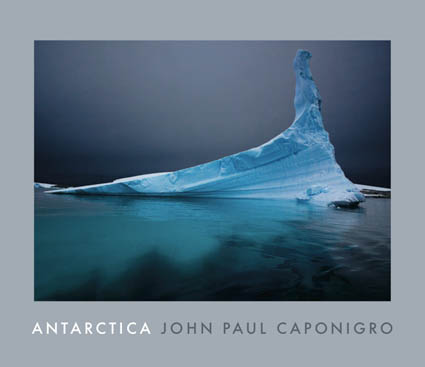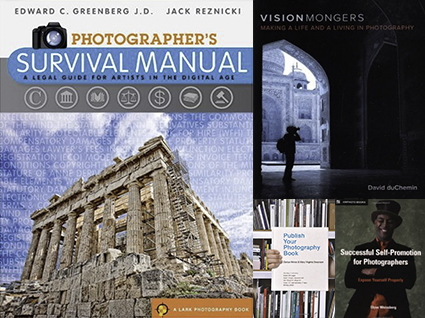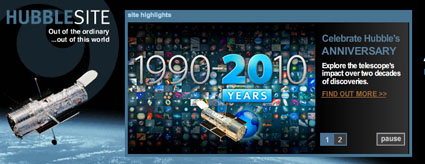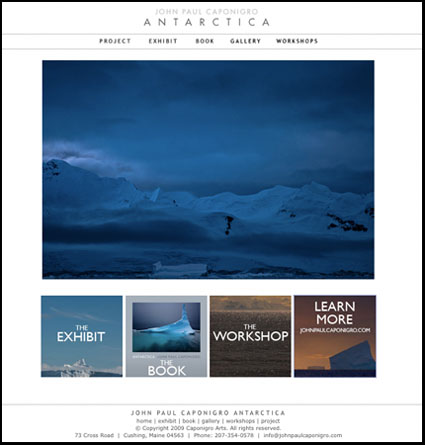
My book Antarctica is printed one copy at a time by Blurb. It’s the second edition with twice as many images. 100 images. 8×10″. Simple text. Heavily supported by my website.
Sometimes books include important facts about a region; my website has an extended essay collecting essential information about Antarctica; there’s no space limit on the web and everything connects to something more. Sometimes books include maps; my website has an Antarctica Google Map that you can pan and zoom, enhanced with commentary and images. Sometimes books include journals of a voyage; my website has several types of journals including highlights from three voyages and a set of live blog posts. Sometimes books include personal statements by the author; my website let’s you hear me speak. Sometimes books include recommended resources; my website has a list of recommended reading list and a set of links to the best climate change resources on the web and things you can do to help.
Did I create a website to support a book or a book to support a website? I keep thinking. Print is high resolution and low density. The web is low resolution and high density.
Websites don’t make books obsolete, but they’re certainly changing the function, sometimes the form, and more and more the production of them.
What’s left in this book is an exceptionally clean presentation of images with compelling juxtapositions and sequences in an unpowered form that you can comfortably touch, hold, share, and keep in your field of vision for extended periods of time. You live with books very differently than you live with websites. This book is worth living with.
Preview or purchase my book Antarctica here.






